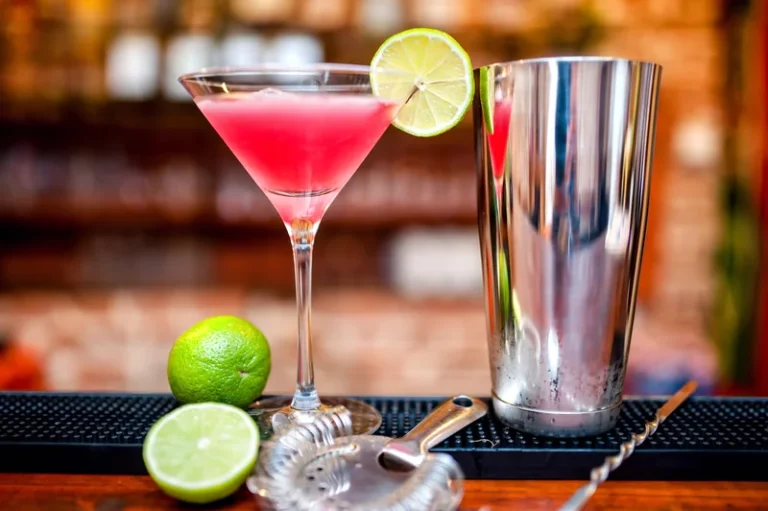Overhydration and Kidney Health: Risks, Signs, and Treatment

Contact us today to make the first step away from an alcohol-controlled life. Usually, this limit is set somewhere under 2 liters per day, taking into account how much urine — if any — you still make. Excess fluid in your body can also dilute other critically important minerals and electrolytes like potassium, calcium, and magnesium. We welcome the opportunity to be your medical home and invite you to schedule an appointment with us today. If you or a loved one is struggling, contact us today to learn more about a healthier and sober life. Alcohol consumption can be difficult to avoid — it’s often present at social gatherings, celebrations, and vacations.
Healthy Hydration for Your Kidneys: What to Sip and What to Skip
If it’s been a while since your yearly physical, we encourage you to schedule an appointment. Because alcohol can damage the kidneys and the kidneys are needed to filter alcohol, alcohol-related can drinking hurt your kidneys kidney disorders are common. If you or your loved one is drinking excessive amounts of alcohol, as defined above, Dove Recovery can help. Recognizing the problem is a significant first step toward recovery.
- Your kidneys are your body’s detox squad, tirelessly filtering out unwanted substances.
- This article describes how alcohol may harm the kidneys and considers the level of alcohol consumption necessary to cause harm.
- Some, such as predialysis patients may need to restrict protein, so they should watch out for how much protein content these shakes have.
- For healthy individuals, moderate intake is usually not linked to significant kidney damage.
- However, consuming too much red wine reverses these effects.
Avoid Drinks That Dehydrate You

Many people with kidney failure who are undergoing some kind of treatment like dialysis will be placed on a fluid restriction. This is a limit on how much water and other fluids they can drink in between treatment sessions. Your fluid limit can also be set based on how much urine you make each day — if you still make urine with your level of kidney failure — and how quickly fluid builds up in your body. People who undergo treatments for kidney disease are usually advised to know their “dry weight,” which is your ideal weight without extra fluid. The short answer to the question “Will caffeine cause kidney stones?

What Are the Complications?
That being said, individual tolerance to caffeine may vary. Factors such as body weight, existing health conditions, and overall diet can impact how much caffeine is safe for you. It’s important to listen to your body and adjust your intake accordingly, especially if you experience side effects such as increased heart rate, jitteriness, or digestive issues.
- How much water you need is based on a lot of factors like age, climate, exercise intensity, and health conditions.
- But there are body functions that can become overwhelmed when your tissues are oversaturated.
- But alcohol can also harm other body organs which can impair renal function.
- Diabetes is one of the most significant risk factors for kidney damage.
- Additionally, the kidneys help regulate blood pressure, stimulate red blood cell production, and contribute to bone health.
Does Alcohol Affect the Kidneys? Key Facts to Know

For example, some believe wine is less harmful than beer or spirits. However, the impact of alcohol on kidneys relates more to the amount consumed than the type. Alcohol and other waste products must be removed from the body by the kidneys. Pain in the kidneys may indicate more significant health problems. Kidney stones form less quickly when water is available to prevent crystals from sticking together in urine.
- Kidneys of children and older people may be less efficient at removing water, so you should consult with a primary care doctor or pediatrician to understand the appropriate amount.
- Research has shown that high caffeine consumption can affect renal function in susceptible populations, leading to concerns regarding kidney health.
- This is when your body’s water is more than your kidneys can excrete.
- It’s not so much that overhydration hurts your kidneys at this stage but that your kidneys aren’t able to remove the extra fluid from your body.
- People who continue to drink large amounts of fluid with kidney failure can experience complications.

It is also important to keep hydrated, this can help prevent things such as UTI’s. Avoid drinking more alcohol, as well as coffee or other stimulants anything that is a. To ease pain, warm baths with Epsom salt is an excellent remedy can ease pain.
The use of cocaine, heroin, or methamphetamine (not a good idea for a host of reasons) can cause kidney damage in different ways. Some of these drugs can lead to high blood pressure, as well — one of the leading causes of kidney disease. Not only can it worsen high blood pressure and type 2 diabetes — the two leading causes of kidney disease — but it can interfere with medicines used to treat them. It also slows blood flow to the kidneys and can cause kidney problems in people who already have kidney disease. High frequency of alcohol consumption can also cause changes in blood pressure, dehydration, and electrolyte disturbances, which can all damage your health even further.

Drink plenty of water throughout the day—especially if you consume alcohol—to help flush out toxins from your system effectively. That being said, the amount of water you need to drink can vary and should roughly equal the amount your kidneys release. Children and adolescents may have lower requirements than adults. See a doctor or therapist if you feel you’re dependent on alcohol or if it’s interfering with your life in some way. Your doctor may prescribe kidney medication or recommend programs in your area to help you.
Can Kidneys Recover from Alcohol Damage?
Yes, alcohol use is generally bad for stage 3 kidney disease. At that stage, the kidneys have moderate damage and are not functioning at full capacity. Additional alcohol use can stress the kidney even further and worsen kidney function. Although light to moderate alcohol consumption may not pose a risk to some people with CKD, each individual situation is different. Oxford House Additional studies are needed to clarify the effect of alcohol on the kidneys in people with CKD.